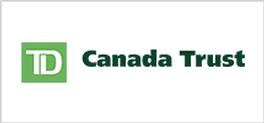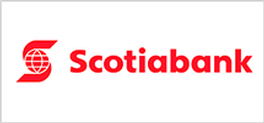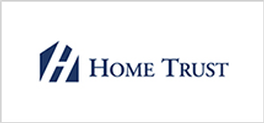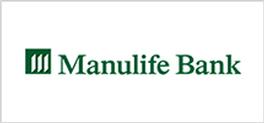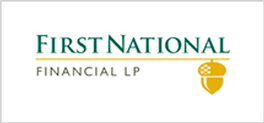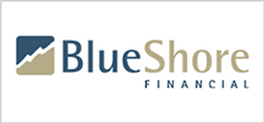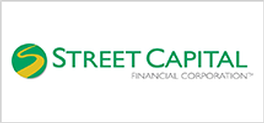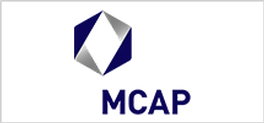Your Comprehensive Guide to a Smooth Home Buying Process
Are you ready to embark on the journey of purchasing your next home? Whether you're upgrading to a larger space, moving to a new neighbourhood, or transitioning to a different type of property, navigating the real estate market can be both exciting and daunting. At Boychuk Mortgage Group, we're here to guide you through the steps to buying your next home, ensuring a smooth and informed process from beginning to end.


Understanding the Steps to Buying Your Next Home
Buying a home involves several key steps, each crucial to successfully securing your dream property. First, it's essential to assess your financial readiness. This includes reviewing your credit score, saving for a down payment, and determining a comfortable budget for monthly mortgage payments and other housing expenses. Our team can assist you in obtaining mortgage pre-approval, which provides a clear understanding of your purchasing power and enhances your credibility as a buyer in a competitive market.

Once you're financially prepared, the next step is to identify your housing needs and preferences. This involves considering factors such as location, property type, size, and amenities that align with your lifestyle and future goals. Our comprehensive market knowledge allows us to provide valuable insights into local real estate trends, property values, and neighbourhood dynamics, helping you narrow down your options and find the perfect home.
After finding a suitable property, we guide you through the negotiation process. Our experts leverage their negotiation skills to help you craft competitive offers and secure favourable terms with sellers. We're committed to protecting your interests while striving to achieve the best possible outcome for your home purchase.
Once your offer is accepted, we manage the closing process with efficiency and attention to detail. This involves coordinating with lenders, real estate agents, lawyers, and other professionals to ensure all paperwork is completed accurately and on time. We aim to make the transition to homeownership as seamless as possible, providing you with peace of mind throughout the entire process.






